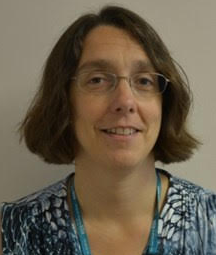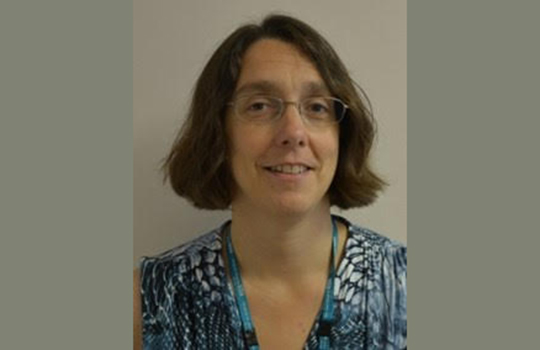It’s our job to help women understand the impact of their choices, while avoiding judgment and being honest about our knowledge
 This week’s reporting of a new study on alcohol consumption in pregnancy is a typical example of the numerous changing instructions faced by women during pregnancy.
This week’s reporting of a new study on alcohol consumption in pregnancy is a typical example of the numerous changing instructions faced by women during pregnancy.
From the moment a pregnancy test is positive, a woman is besieged by advice: don’t eat or drink this, do eat and drink that. True, some of this advice may come from health professionals, but frequently friends, family, and even strangers have something to contribute. The catalogue of foods to avoid that is listed on the NHS website is daunting. Suddenly, everything a woman eats is subjected to what may feel to her like arbitrary rules.
The evolution of evidence means that advice may change between generations or even from one pregnancy to the next. A classic example of contradictory advice is eating liver: our mothers were encouraged to eat liver in pregnancy to boost their iron levels, however, the high levels of vitamin A in liver mean that we now advise avoiding it. Caffeine is another example of a substance now avoided that even a few years ago was not a cause for concern.
It is important to recognise that not all published scientific evidence is the same. Most national guidance comments on the “level of evidence”—with an adequately powered randomised controlled trial being the gold standard. The better the quality of evidence, the more weight a study carries when drawing up recommendations.
Yet in today’s world of social media and 24/7 news, women access information faster than ever before regardless of the level of quality. In some respects, rapid access to information can be positive in that important health advice is disseminated more quickly, but in other instances media outlets may pick and choose headlines that distort the scientific findings. This can lead to increased anxiety and uncertainty for women.
Women may arrive at an appointment with questions about evidence before the health professional is even aware that there is suggestion of a change, making them feel unprepared to have a well informed discussion. There is an inevitable lag period from publication to inclusion in more formal guidance, during which statements from professional bodies, such as the Royal College of Obstetricians and Gynaecologists, may help professionals to provide advice with confidence.
For many years, maternity care has focused on informed choice and tried to shift away from a paternalistic model of care. In the current climate of maternity transformation, and the national ambition for women to receive safe and personalised care, there is increasing emphasis on this approach. It is our responsibility as health professionals to educate women and to help them navigate and understand the impact of their choices. In doing so, we need to be careful to avoid unconscious bias and judgment. We are already well versed in explaining levels of risk to women due to the national antenatal screening programme. Choices about diet and lifestyle are no different. We need to be open and honest about our level of knowledge and the evidence underlying our advice.
We know that pregnancy is an opportunity. If we can facilitate and educate women, enabling them to take ownership and responsibility for their health and that of their baby, we will provide an immensely valuable service whose benefits last way beyond the nine months of pregnancy.
Florence Wilcock is a consultant obstetrician at Kingston Hospital with an interest in intrapartum care and improving maternity experience. She is chair of the London Maternity Strategic Clinical Network user experience subgroup and co-founder of #MatExp, a grassroots movement aimed at improving maternity experience for families and the staff who care for them. She can be found on Twitter @FWmaternitykhft
Competing interests: I have read and understood BMJ policy on declaration of interests and declare the following interests:
• Employed by Kingston Hospital NHS Foundation Trust, associated with London Maternity Strategic Clinical Network, current project funded by NHS England Challenge Fund.
• Founder of MatExp—a change platform—with Gill Phillips of Nutshell Communications Ltd with whom I work closely.
• I receive no financial benefit from any of the above apart from my employer.
